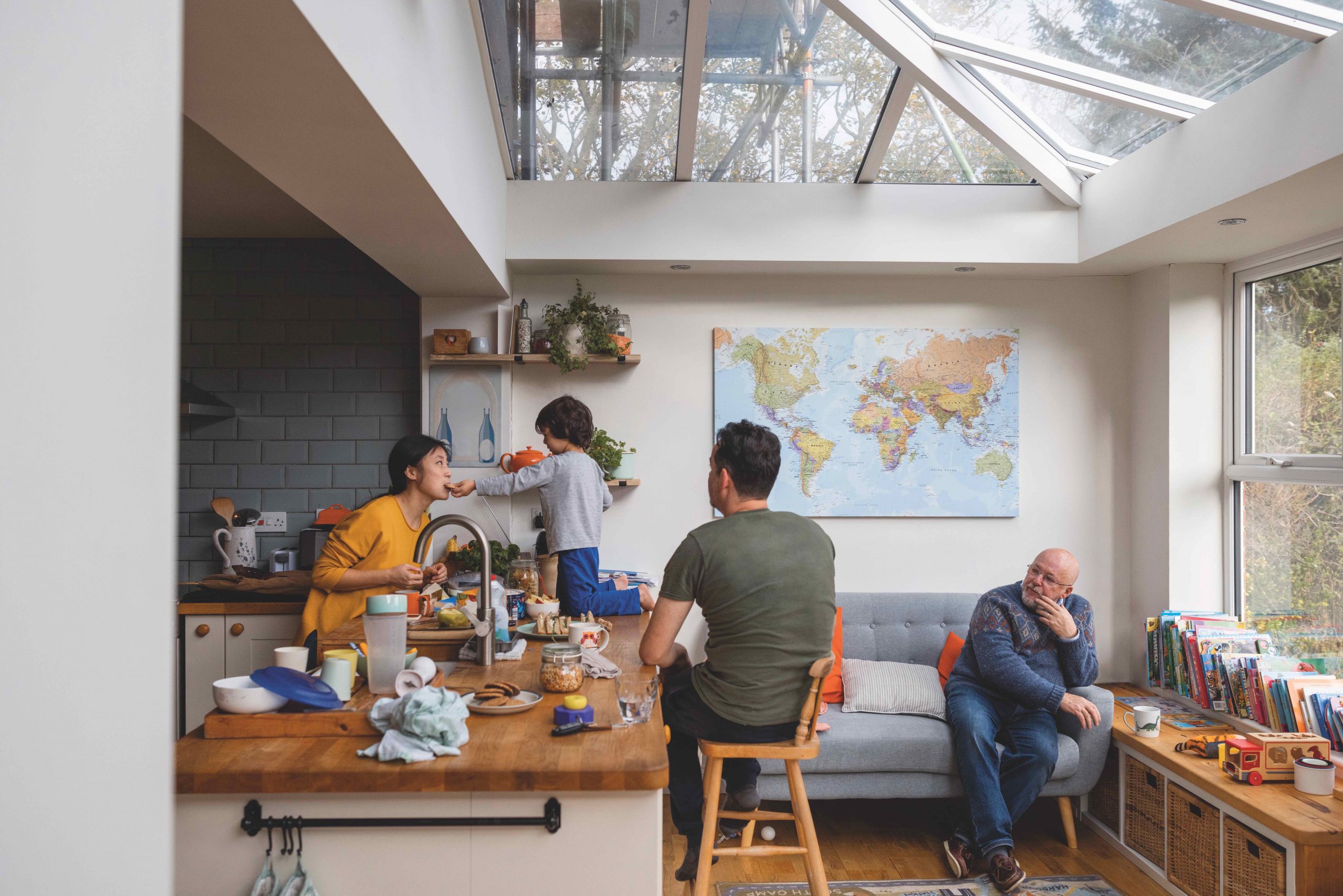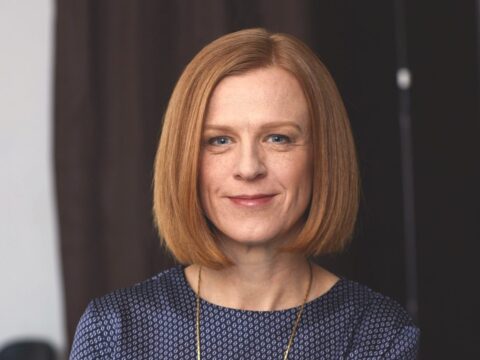My Mother’s old-world wisdom finds its clearest expression in her hands. Using her fingers, she counts off the number of residences our relatively small family has spread out into.
“That’s six Danakases,” declares Mom, now 90, a woman raised with nine siblings in a two-room dwelling, “and five homes — five!” She moves her fingers closer into my field of vision to emphasize the extravagance of the number. “You tell me, what sense does that make?”
You may unsubscribe from any of our newsletters at any time.
Little, when you think about it objectively. I’d never considered our family’s living arrangements in quite that way.
The North American fetish for privacy and autonomy (most pronounced, data shows, among white communities) leaves us blind to any housing option other than escaping from the family home as soon as we’re of age, as if someone yelled “Fire!”
I’ve overheard friends question neighbours who choose to house entire multigenerational extended families of seven or eight in one home. How can they exist in such tight proximity to one another? They must be cheap, desperate. The house must be a mess. Look at all those cars in the driveway. And who’s that old woman planting a garden in the front yard?
But who’s the fool here, and who’s the responsible steward?
According to the Pew Research Center, “living in a multigenerational household appears to confer a financial benefit by buffering residents against poverty.” Think of how economically advantageous housing more people under one roof can be. Multiple incomes share mortgage payments and daily expenses. You pay for the new vacuum; we’ll cover painting the kitchen. That’s certainly more bang for your buck, especially in these inflationary times. A lot of people, young and old, are figuring this out and opting for innovative co-ownership arrangements, often with total strangers they connect with online.
But more than saving money, we’d be helping to save the planet. A 2017 Australian study found that larger households reduce resource consumption and waste. If you choose to drive, you can carpool much more easily. Better yet, you can share bicycles. And in the home, less food will make its way to the garbage bin. How many single people lament having to throw away groceries they just couldn’t get to eating in time? That shouldn’t be a problem in a shared home.
More on Broadview:
- Deinstitutionalization is one of our biggest public policy failures. Here’s how we can reverse it.
- Canada’s national childcare program isn’t the solution for modern parents
- Long-term renters evicted during housing boom face homelessness
Shedding our obsession with keeping our roommate number as tiny as possible would require a paradigm shift, but at the very least, it’s worth considering, especially in the wake of COVID-19. Recent research on the impact of the pandemic on collectivistic versus individualistic societies suggests that, though we may have felt safer further away from our neighbours, countries with a collectivist bent appeared to manage the disease more effectively because of a stronger commitment to the greater good.
Too many days, when I check in on Mom over the phone, and then my son, and maybe hear from my brother and get an update on what his family is up to, we’re all doing roughly the same thing. Cooking. Eating dinner. Even watching the same TV program. But not together; rather, each in our own tight circle of so-called comfort and independence.
Seems like a lonely way to live — and a lot of lost potential. For storytelling, companionship and love.
***
John Danakas, who recently moved in with his mom, resides in Winnipeg and has authored several books for young readers.
This story first appeared in Broadview’s December 2022 issue with the title “Full house.”















Multi-generational family living only works when nobody moves away. My wife grew up in a small community with few jobs, no chances for professional advancement, and a serious commute even to college. It was her “freedom” to move 800 km away to build a better life — which proved especially wise when one of her brothers back home got involved in smoking, drugs, thievery, and jail. Also, my fundamentalist conservative parents have never tolerated my liberal and progressive theology and politics without lots of push and protest. What seemed to work in the 20th century may be different now for many people.
I lived my first 13 years in a large multi generational house. My mom and two brothers and a sister; my grandmother and grandfather; my mom’s two aunts and the son and his family of one of them. We had my grandfather’s salary, mom’s child support, rent from the aunts and rent from an apartment we rented to a commercial enterprise.
At age 11 my grandfather died and we no longer had his income. Then my mom’s aunts and their families moved out and their rent was gone; as we got older, mom’s child support lessened and finally the commercial property closed so, no rent from that. We found ourselves very poor with a huge house that needed repairs. My mom was thrown into making some very tough decisions in a very short period of time.
As well, Kids often get jobs far away from home. You have to go where the jobs are. The intergenerational model doesn’t work anymore. It seems ideal from afar but we no longer life on the family farm.
Now that I’m old, My wife and I love being by ourselves in our own home. We wouldn’t want anyone living with us. It’s soooo peaceful.